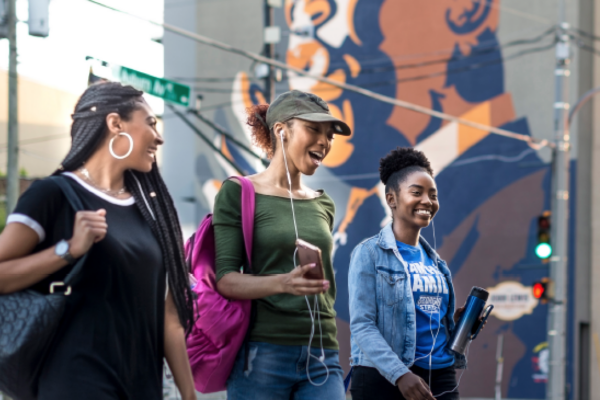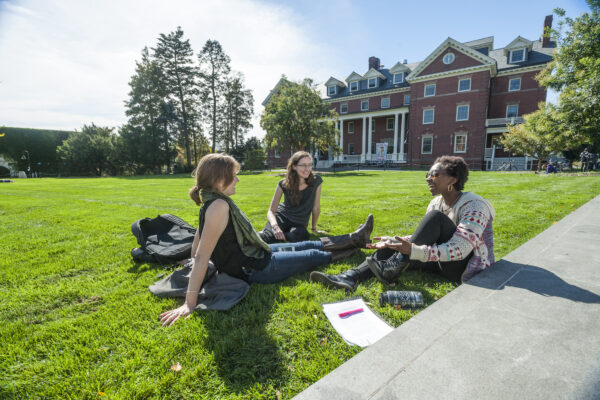Access and Equity Gaps in Educational and Job Training for Incarcerated Adults
Title: Equipping Individuals for Life Beyond Bars: The Promise of Higher Education & Job Training in Closing the Gap in Skills for Incarcerated Adults
Source: New America
Authors: Monique O. Ositelu
More than 70 percent of all incarcerated adults will be released into the general public in five years or less.
However, a recent study by New America reveals considerable equity gaps in access to postsecondary education and job training programs for incarcerated adults. Using data from PIAAC Household and Prison Surveys, the study aimed to understand how incarcerated adults fare in the labor market upon reentry to society compared to non-incarcerated adults. The study also examined how job training and higher education opportunities might better prepare incarcerated adults for reentry.
According to the study, 30 percent of incarcerated adults have less than a high school diploma, compared with only 15 percent of the general public. Moreover, the general public was three times more likely than incarcerated adults to possess some form of a postsecondary degree or certificate (45 percent and 15 percent, respectively).
It is unsurprising, then, that incarcerated adults are significantly less lower literacy and numeracy skills compared with the general public. Further findings demonstrate positive and significant increases in those skills for incarcerated adults who completed a college credential or participated in job training programs, which substantially reduce the existing equity gap.
To learn more about the study’s results, implications, and recommendations, please click here to view full report.
—Darsella Vigil
If you have any questions or comments about this blog post, please contact us.


